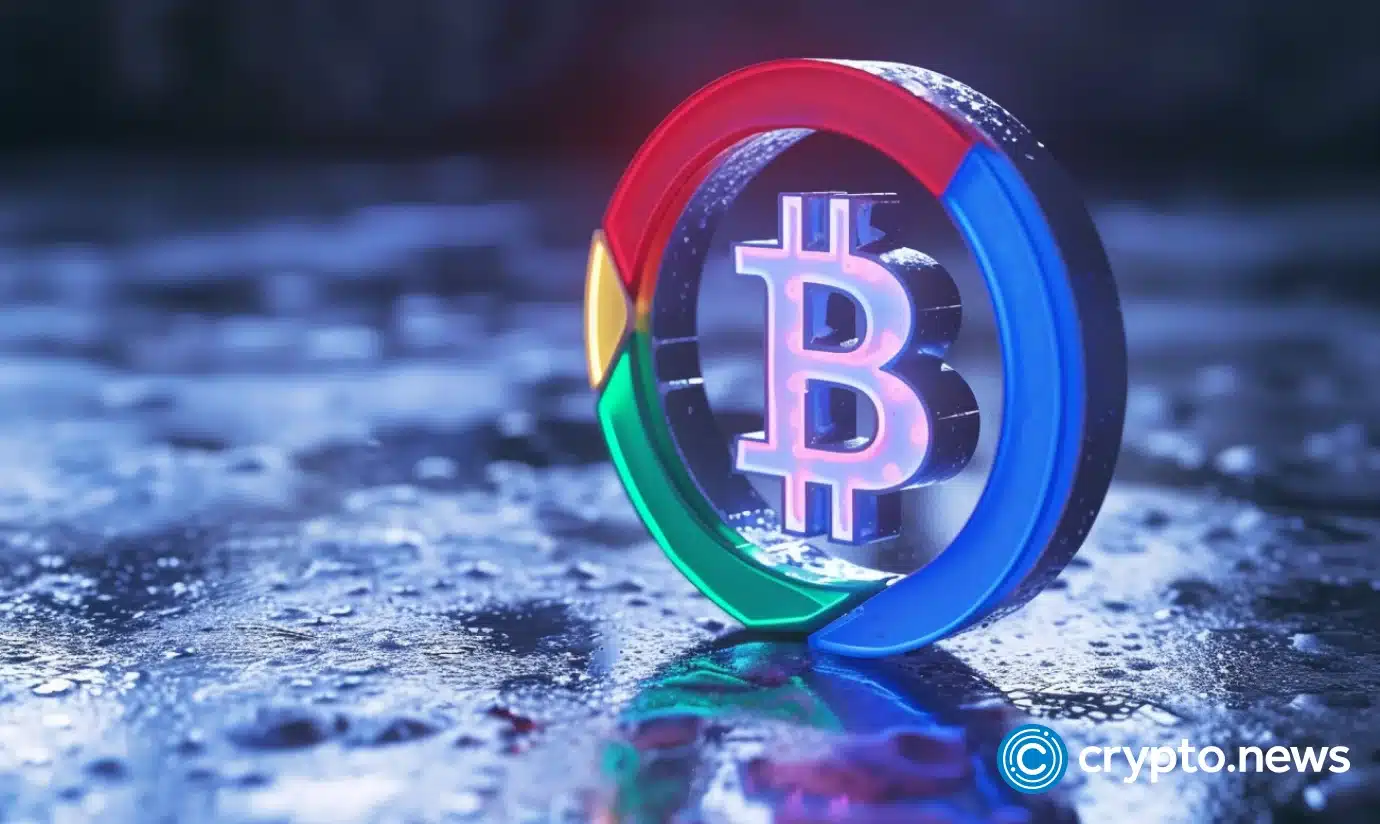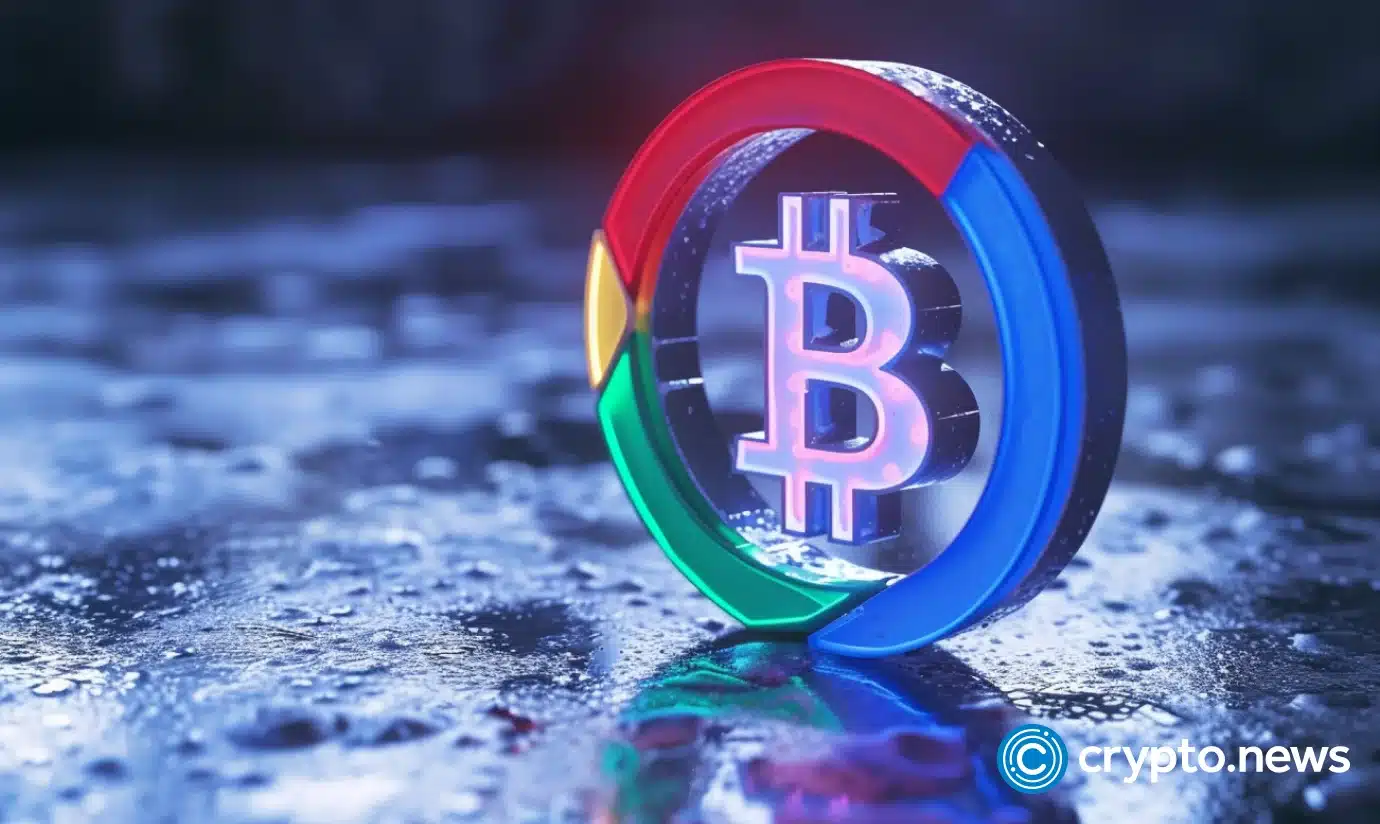Google revealed quantum computing chip. Is Bitcoin threatened?

Google is introducing the most long-awaited of its first quantum computing chip, Willow. Although it’s a breakthrough in the computer revolution, what about Bitcoin’s future?
Google CEO Sundar Pichai revealed Willow as the company’s first quantum computing chip. This invention has brought a new journey for useful quantum computers for practical applications.
“Introducing Willow, our new state-of-the-art quantum computing chip with a breakthrough that can reduce errors exponentially as we scale up using more qubits, cracking a 30-year challenge in the field,”
Pichai stated in his X’s post on Dec. 10
Willow, in the benchmark test, could solve a standard computation in under 5 minutes, which is estimated to take 10^25 years or equal to 10,000 quadrillion centuries to solve for a classical supercomputer.
This new revolutionary quantum computing processor could reduce errors progressively with super-fast gates to achieve low error rates, reconfigurability, and high connectivity algorithms.
Google Quantum AI hardware director Julian Kelly says any qubits with uncharacteristically high errors could be solved by “reconfiguring them to the line” and using tunability to develop new calibration strategies.
Through this advanced computer development, are Bitcoin and the rest of cryptocurrencies threatened?
Google needs advanced chips to break Bitcoin
Willow Chip, at this time, has 105 qubits, which advances computer technology. However, to crack the Bitcoin (BTC) blockchain, a quantum computing chip needs 200 million to 400 million qubits at maximum.
Bitcoin’s protocol also needs to allow the post-quantum algorithms to be integrated to threaten the coin itself. Meaning this advancement of technology could not cause any danger for crypto, at least for now.
Another Bitcoin OG, Ben Sigman in his X post, also noted that Bitcoiners should not worry about this invention, and the “cryptography remains SAFU… for now,”.
Regardless of this threat, SpaceX’s CEO Elon Musk responded to Pichai’s tweet by expressing his admiration for Google’s invention. Pichai replied with collaborations for the quantum cluster in Starship in the future.
